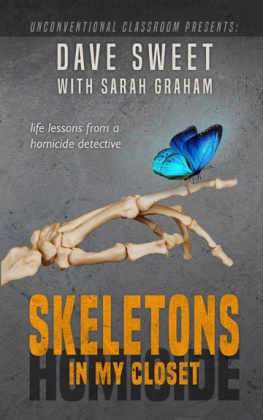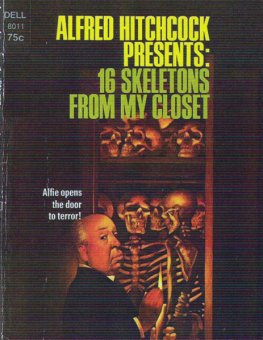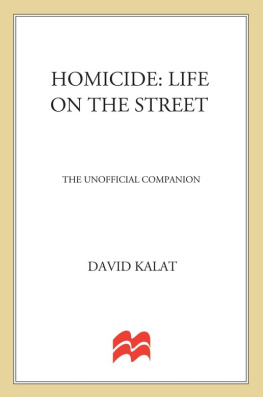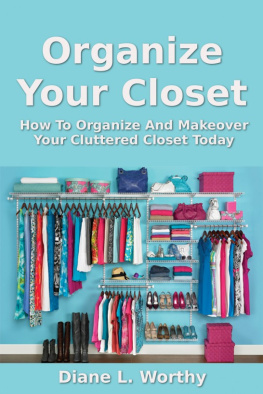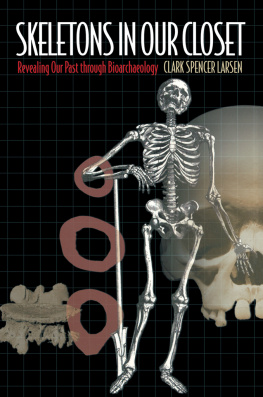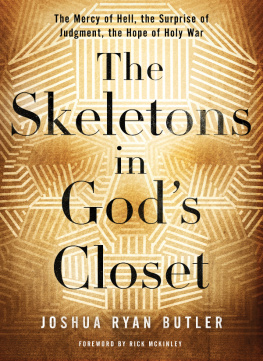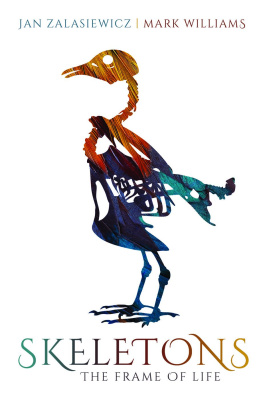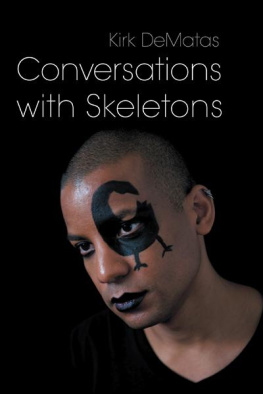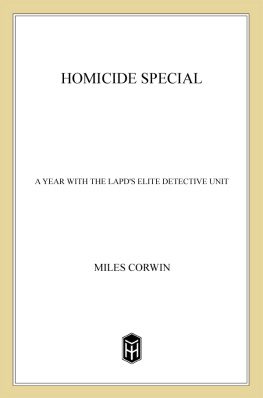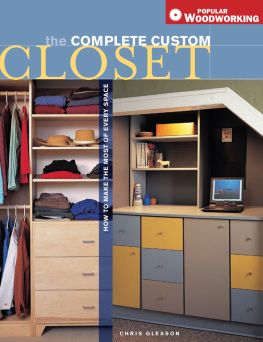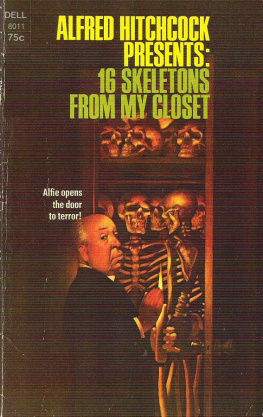Foreword
We choose which direction we will take. Each of us has our own motivations, what keeps us on course, how we choose to adapt, or leave. We decide how we will navigate our way to happiness, but also what we turn to when life gets uncomfortably dark.
Dear Reader

Sarah and I are happy to bring you the first book in our Unconventional Classroom: Life Lessons from a Homicide Detective series. It is our vision to highlight positive, universal lessons my career in law enforcement has taught me, often through the lens of tragedy. Through our books and my presentations, we'll tell these stories and share our wisdom to a larger audience. Completing Skeletons in My Closet was the first step along this journey. I think it is safe to say we are both pleased with how the book and series have come together.
We have framed the stories and lessons mindfully, and with the same sense of social responsibility that a career in policing demands. I believe Sir Robert Peel was right when he said,
Police are the public and the public are the police; the police being only members of the public who are paid to give full-time attention to duties which are incumbent on every citizen in the interests of community welfare and existence.
(Sir Robert Peels Principles of Law Enforcement, 1829)
We all have a responsibility to each other, including ourselves, to pay attention, to care, to avoid apathy or expect that someone else will notice something that needs noticing. It is important we do our part to keep our communities, and each other, strong, safe, vibrant and healthy. I wish we didnt have tragedy as our teacher. Sometimes we do, and when that happens we must quiet our minds enough to find the lessons in its message.
I hope we have written a book that our peers, our families and my Service, can be proud of. The opinions, views and philosophies reflected in this book are mine and may not represent those of the organization I work for. Every effort has been made to respect the privacy of citizens and the delicacy of the situations described in the book. Identifying descriptors, such as names, dates, and specific details, have in many cases been changed.
* * *
Have you learned the lessons only of those who admired you, and were tender with you, and stood aside for you? Have you not learned great lessons from those who braced themselves against you, and disputed passage with you?
- Walt Whitman
Welcome

A couple of years ago Detective Dave Sweet approached me to write a book of universal lessons from a homicide investigators perspective. It was not a typical angle, but Daves like that. Skeletons in My Closet is an unconventional police memoir that takes readers on a ride-along to the darkest corners of society, but also reveals poignant truths about life, death, and how we can all coexist together.
We hope it is as gripping a read as it is inspiring, and that you will find the danger and grit tempered with compassion and humour. That was our aim, anyway. Dave is a pretty good mix of sharp corners, raw honesty, and empathy.
This is a prelude to Skeletons in My Closet, where well give you sneak peaks and take you behind the scenes. Whats it like working with a homicide detective? Ill tell you. Whats this particular one really like? Read on. How did we roll with each others very different writing processes? Good question.
Dave could tell you what hes like to work with, but hed probably omit stuff like his complete disregard for punctuation. It was beyond frustrating until I realized it was the perfect chance to practice my Zen mind-reading skills. And that, dear reader, is just one example of putting these lessons into practice, in this case, reframing and perspective. There is so much more.
It doesnt have to be difficult finding common ground with someone holding a different world view or point of reference. Dave and I had our own challenges and successes working together. We butted heads and both feel the book is stronger for it.
Skeletons in My Closet is Daves distilled wisdom from a distinguished career in a large western Canadian police service, a career that has taken him from the Drug Unit to the Organized Crime Section to Homicide. Now hes sharing his hard-earned life lessons with those on the other side of the crime scene tape. He shares the traumas, triumphs and tragedies of his twenty-year career in law enforcement, from going undercover to infiltrate drug rings, to piecing together criminal hierarchies, to investigating gruesome murder scenes. He also reveals the human side of policing: meeting people on the worst day of their lives, helping them pick up the pieces, bringing resolution to victims and their families, and the toll all of it takes on an officer. Skeletons in My Closet is a frank look at how one homicide detective faces the unimaginable every day.

Excerpt From Skeletons in my Closet
More than a year ago, I was sitting around a pool in Palm Springs, California, watching my kids play while I stretched out on my lounger, cold drink in hand. I had just finished an investigation where a young mother had been murdered, her half-naked body dumped in a drainage ditch, not to be found for months. Her little boy was left to be raised by strangers, the father had been sentenced to life and now sat in a jail cell for the senseless murder.
This case was no more horrific than so many others. It was the culmination of them that had me reflecting on my own mortality, my family, my career. We get good at handling the darker sides of human behaviour. Sometimes cases float (or catapult) into our awareness long after the reports are filed and verdicts in. This career has provided opportunities for me to reflect both on my own success and family, and to realize how lucky I am. So many go through tragedy, strife, and unfortunate circumstances.
My kids live in a world where they are provided the things they need and a lot of the things they want. As I watched them play with such carefree happiness, I wished to share with them an understanding of what others go through, as well as the lessons many of these situations have taught me. I wanted to write a book that talked about these things, lessons from Dad that they could turn to as they grew older. My father, who I learned so much from, passed away during this project. Everything hit home even harder.
I began outlining ideas:
staying out of dark places keeps you safe,
just because you can do something doesnt mean you should,
not everyone lives behind white picket fences,
always leave people in a better place than you found them.
These became the building blocks for Skeletons in My Closet . I recognized early on, writing about real life would require a tempered soul if I wanted the lessons and philosophies to come out in a meaningful way. Quite frankly, the work I do conditions a person to the job. Writing a book to be read by an audience wider than those in law enforcement meant there was a significant chance some of those messages might be lost in either police-speak, or with a modified social filter, neither serving the reader.
I pitched the concept to Sarah Graham, an author I knew from the local writing scene who I trusted could help deliver my stories authentically and responsiblyand my polar opposite. Im more conservative and have logged two decades of dealing with the darker aspects of humanity. Sarahs a free-spirit with over fifteen years in environmental fields. Her Yin balanced my sometimes overbearing Yang. In my view, the collaboration works, perhaps because of how different we are and what we each bring to the table.

